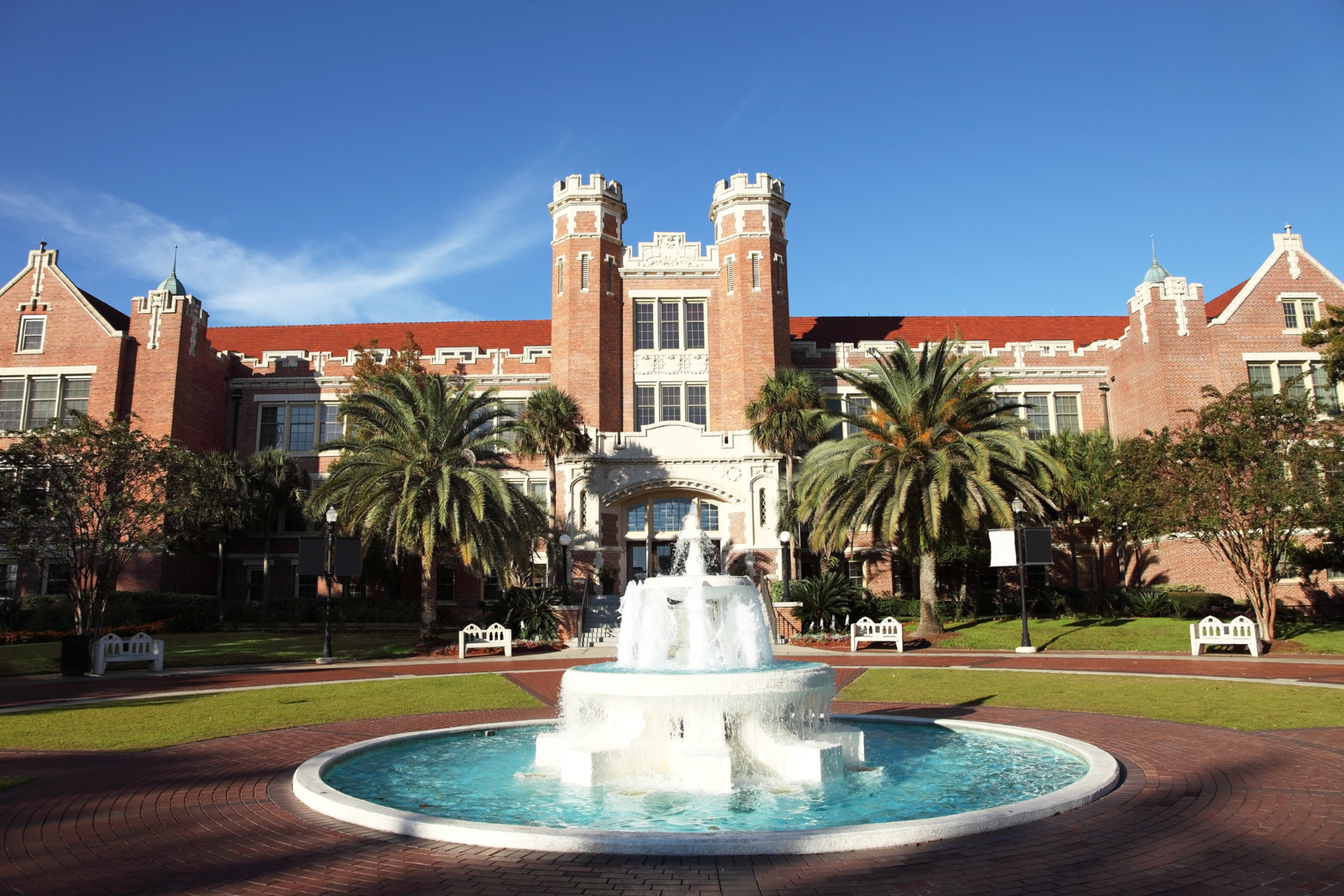Top 10 Master of Laws (MSL) Programs in the US
Discover the best Master in the Science of Law (MSL) programs with this comprehensive guide to the top 10 options.
Posted June 27, 2025

Join a free event
Learn from top coaches and industry experts in live, interactive sessions you can join for free.
Table of Contents
Did you know that professionals with legal expertise see a 20% higher earning potential in compliance and regulatory roles? A Master in the Science of Law (MSL) program is your gateway to combining legal system knowledge with professional expertise. These programs offer a unique opportunity for professionals to enhance their legal knowledge and develop critical legal skills applicable to a variety of industries, such as business law, compliance, and intellectual property. This article explores the top MSL programs in the US, what makes them unique, and how to select the one that aligns with your career goals.
What Is A Master's Degree In Law?
A Master of Laws (MSL) is a professional law degree designed for non-lawyers who want to integrate legal system knowledge into their professions. Unlike a traditional law degree, MSL programs are tailored for individuals who do not intend to practice law but require a solid foundation in legal principles to advance their careers.
These programs cater to professionals in fields like compliance, healthcare, technology, and finance, offering an interdisciplinary curriculum that combines legal education with practical applications. Many MSL programs also include specialized courses in international law, enabling graduates to address global legal challenges in increasingly interconnected industries.
MSL programs often attract international students seeking to gain a deeper understanding of legal systems while enhancing their career prospects in multinational corporations or government agencies. Admission typically requires an undergraduate degree in any discipline, making these programs accessible to a diverse range of professionals. Graduates gain the tools to navigate complex legal landscapes, manage risks, and contribute to policy discussions, both domestically and internationally.
MSL vs. JD
While both MSL and JD programs offer advanced legal education, their focus and outcomes differ significantly:
Purpose
The purpose of a Master in the Science of Law (MSL) and a Juris Doctor (JD) fundamentally differs in terms of their target audience and career outcomes. The MSL is to equip professionals with legal expertise relevant to their industries, such as intellectual property law, environmental law, or corporate compliance. The JD, by contrast, prepares individuals to practice law, requiring them to pass the bar exam and become licensed attorneys. JD graduates often pursue careers as litigators, corporate lawyers, or public defenders.
Duration
MSL programs are structured to accommodate professionals who want to enhance their expertise without committing to an extended period of study. These programs typically take about one year full-time or longer if pursued on a part-time basis, with many offering part-time or online options for working individuals. This flexibility makes MSL programs a pragmatic choice for those looking to balance their career and educational aspirations. On the other hand, JD programs are more time-intensive, requiring three years of full-time study to cover the breadth of legal education necessary for bar licensure. JD programs also include internships and clinical experiences, which often demand a full-time commitment.
Curriculum
The curriculum of MSL and JD programs reflects their distinct purposes and career paths. MSL programs focus on a broad range of topics, such as regulatory compliance and intellectual property, blending online courses and experiential learning. This curriculum is designed to provide practical legal knowledge that professionals can immediately apply in their industries.
In contrast, JD programs emphasize the foundational and advanced study of legal doctrine, preparing students for bar exams and legal practice. The curriculum typically includes courses such as constitutional law, torts, contracts, criminal law, and civil procedure. JD students also develop critical litigation and advocacy skills through mock trials, legal writing assignments, and clinical experiences. This comprehensive training ensures that JD graduates are prepared to take on the responsibilities of practicing law.
For students not interested in becoming attorneys but eager to gain a deeper understanding of how the law intersects with their profession, the MSL offers a practical alternative.
The 10 Best Master of Laws (MSL) Programs in the US
To assemble this list of the top MSL programs, key factors were evaluated, including acceptance rates, curriculum strengths, faculty expertise, graduate success, and program flexibility. Below is a summary of the top programs and their notable features.
| Top MSL Programs | Acceptance Rate |
| University of Southern California | 12.6% |
| Georgetown University | 14.9% |
| Northwestern University | 15.05% |
| Wake Forest University | 25.6% |
| University of California, Berkeley | 14.9% |
| University of Pennsylvania | 9.74% |
| Boston University | 42.35% |
| George Washington University | 42.35% |
| Cornell University | 17.44% |
| University of Chicago | 14.24% |
1. University of Southern California (USC) Gould School of Law
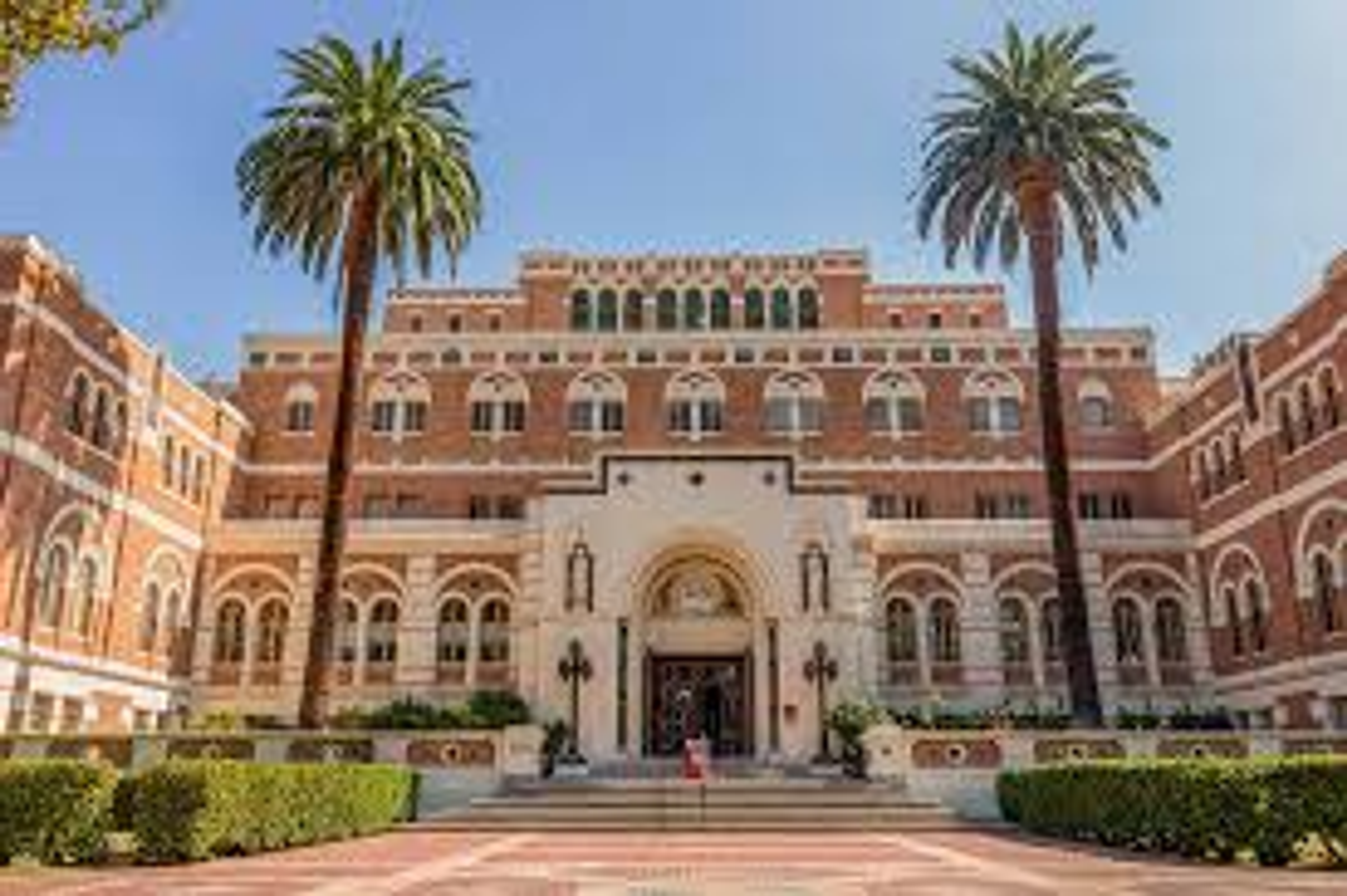
- Graduates Employed Within 6 Months: 92% (including MSL graduates)
- Median Starting Salary for MSL Graduates: $80,000–$120,000 (varies by industry)
- In-House Clinics: Legal Technology Clinic, Compliance and Regulatory Clinic
- Example Courses: Foundations of the U.S. Legal System, Regulatory Compliance, Privacy Law and Cybersecurity, Health Care Law
USC’s MSL program offers both online and on-campus options with a flexible curriculum tailored to working professionals. The program provides specialized tracks in compliance, law and technology, and healthcare law.
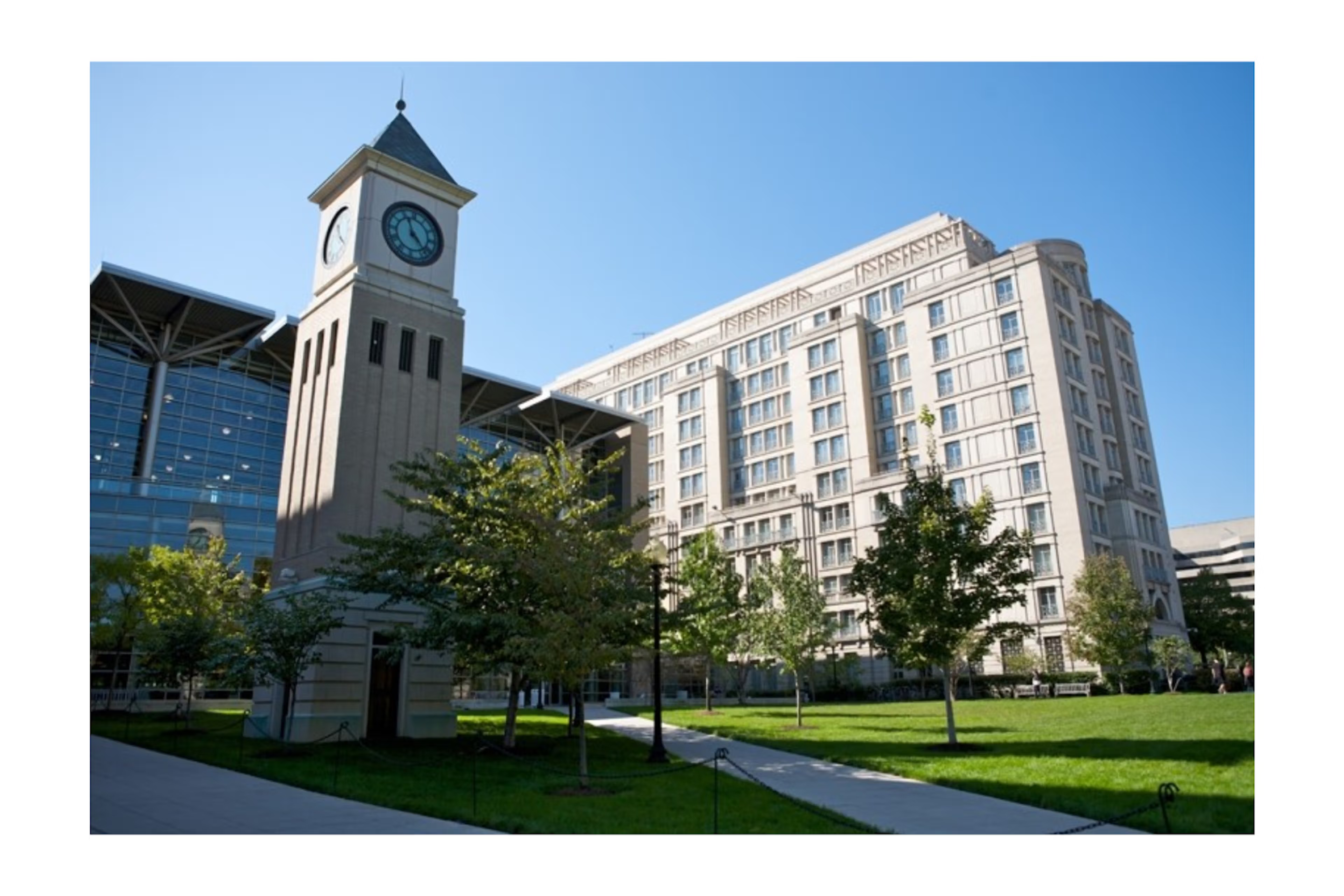
2. Georgetown University Law Center
- Graduates Employed Within 6 Months: 88%
- Median Starting Salary for MSL Graduates: $85,000–$110,000
- In-House Clinics: Health Justice Alliance Clinic, Domestic Violence Clinic
- Example Courses: Fundamentals of Law and Policy, Health Care Regulation and Policy, Government Affairs, Cybersecurity Risk Management
Program Overview: Georgetown's MSL program focuses on equipping non-lawyers with foundational legal knowledge relevant to industries such as healthcare, cybersecurity, and public policy. Its Washington, D.C., location offers unique access to federal institutions.
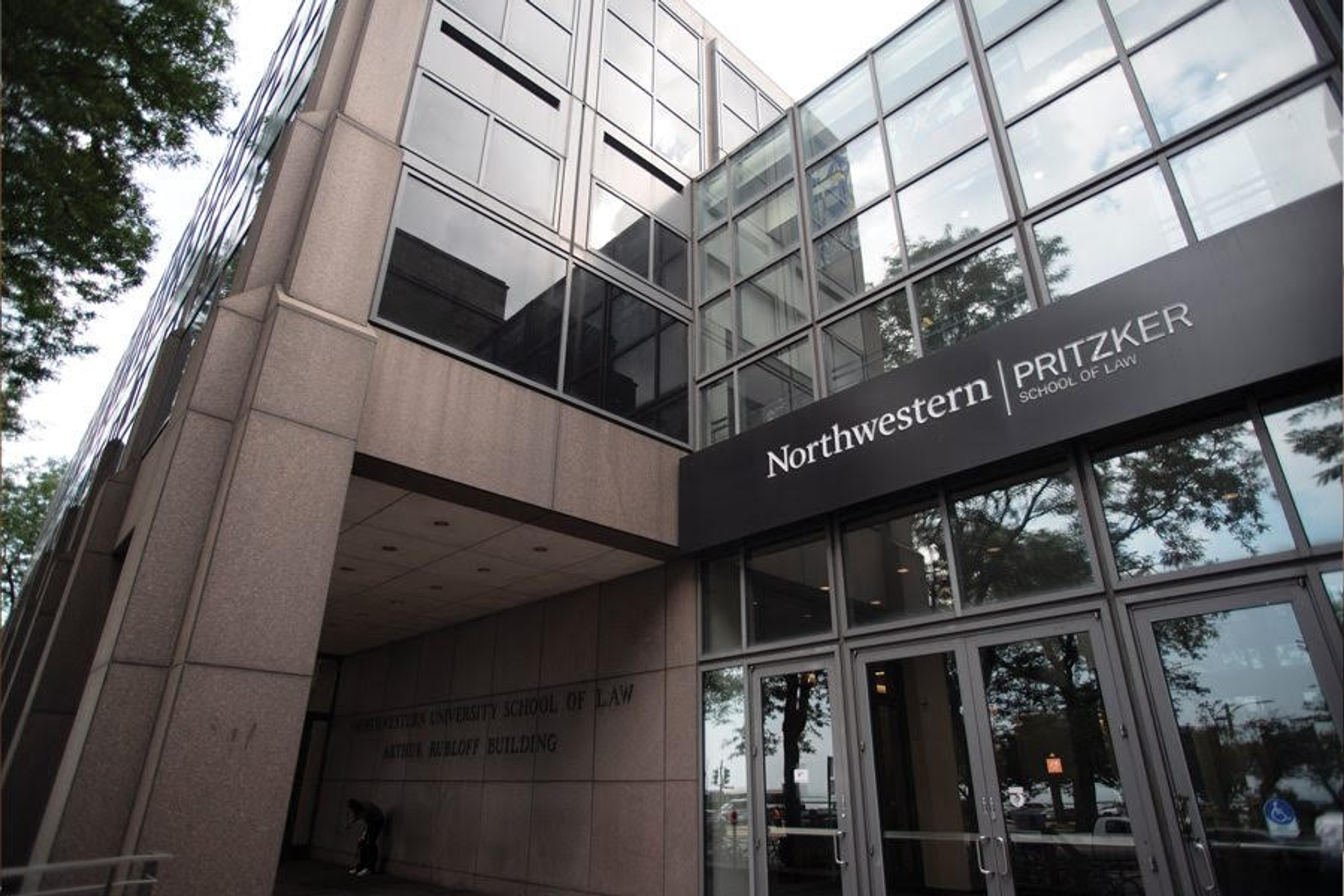
3. Northwestern University Pritzker School of Law
- Graduates Employed Within 6 Months: 90% (online and on-campus graduates combined)
- Median Starting Salary for MSL Graduates: $95,000–$125,000
- In-House Clinics: Legal Innovation Lab, Compliance and Risk Management Clinic
- Example Courses: Intellectual Property Fundamentals, Legal and Regulatory Issues in Emerging Technologies, Contract Law for Professionals
Northwestern offers flexible MSL formats, including online and part-time options. Its curriculum focuses on intellectual property, compliance, and innovation in legal practice, which is ideal for professionals advancing in the tech and business industries.

4. Wake Forest University School of Law
- Graduates Employed Within 6 Months: 85%
- Median Starting Salary for MSL Graduates: $75,000–$105,000
- In-House Clinics: Compliance and Risk Management Clinic, Health Law Advocacy Clinic
- Example Courses: Legal Framework for Healthcare, Risk Management in Business, Administrative Law for Professionals
Wake Forest offers a fully online MSL program with asynchronous coursework, ideal for professionals balancing work and legal studies. The program specializes in healthcare compliance and risk management, serving industries like pharmaceuticals and insurance.
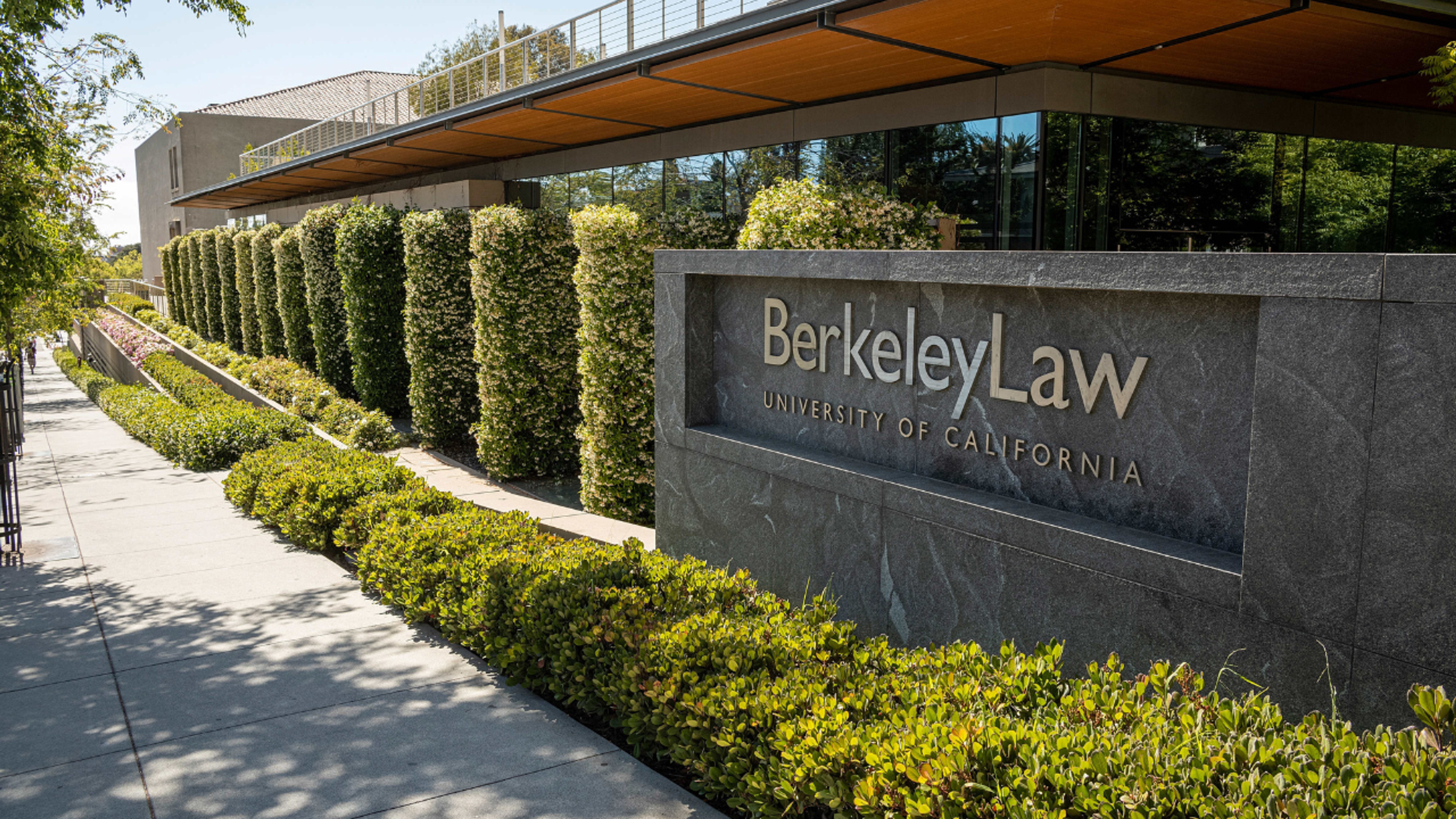
5. University of California, Berkeley School of Law
- Acceptance Rate: 14.9%
- Graduates Employed Within 6 Months: 89%
- Median Starting Salary for MSL Graduates: $90,000–$115,000
- In-House Clinics: Law and Technology Clinic, Public Interest Law Clinic
- Example Courses: Technology Law, Privacy and Cybersecurity, Intellectual Property Basics, Law and Ethics in AI
Program Overview: Berkeley’s MSL program emphasizes law and technology, leveraging its location near Silicon Valley. The program equips professionals with knowledge of privacy law, intellectual property, and the legalities of emerging technologies.
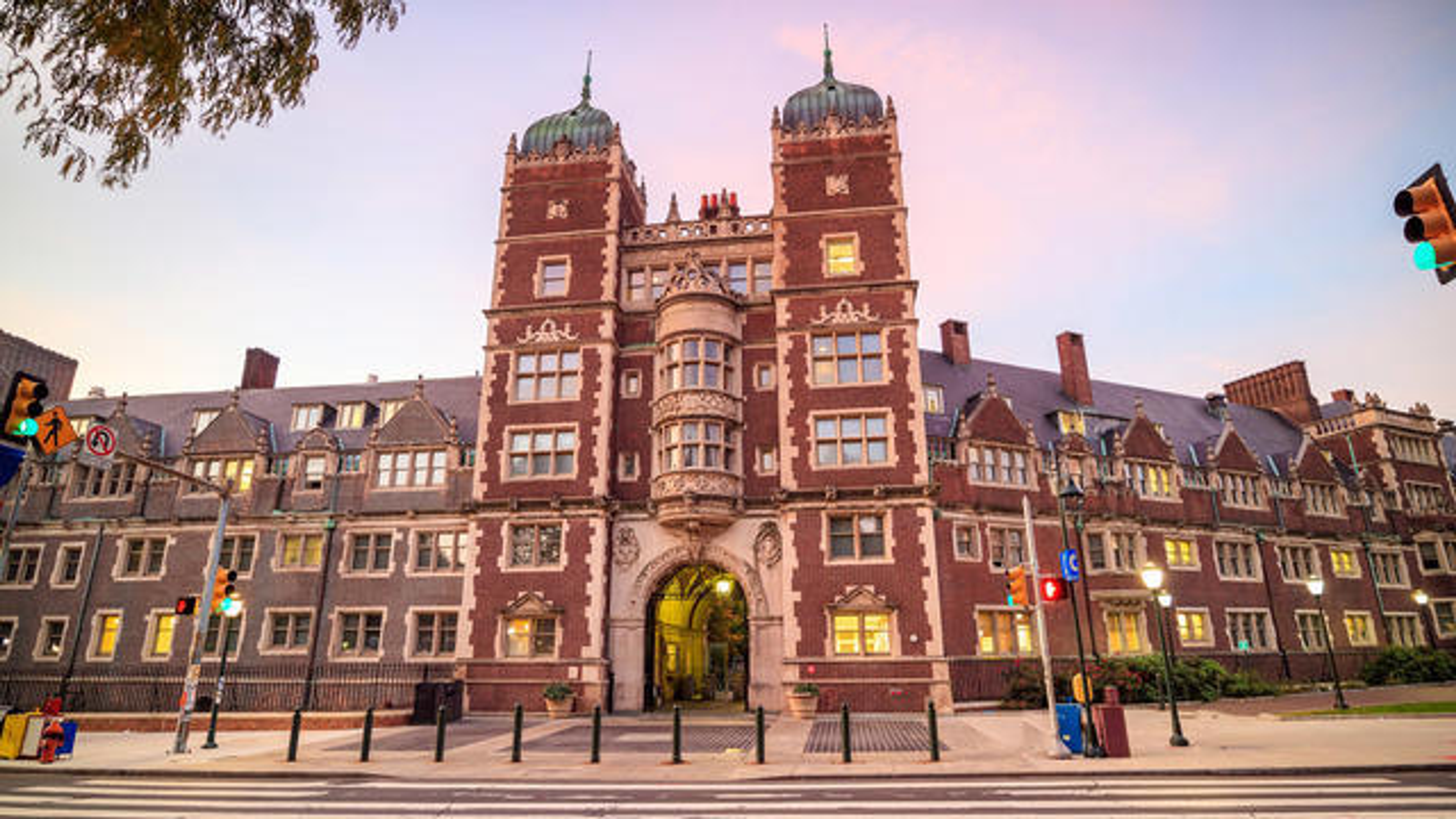
6. University of Pennsylvania Carey Law School
- Graduates Employed Within 6 Months: 93%
- Median Starting Salary for MSL Graduates: $100,000–$130,000
- In-House Clinics: Entrepreneurship and Legal Innovation Clinic, Community Legal Services Clinic
- Example Courses: Compliance and Ethics, Contract Negotiation, Data Privacy Law, Financial Regulation
Penn’s MSL program integrates resources from the Wharton School, making it ideal for professionals in finance, compliance, and corporate leadership. The program offers a mix of legal and business education.

7. Boston University School of Law
- Graduates Employed Within 6 Months: 87%
- Median Starting Salary for MSL Graduates: $85,000–$110,000
- In-House Clinics: Health Law Policy Clinic, Legal Compliance Clinic
- Example Courses: Legal Issues in Healthcare, Corporate Compliance, Employment Law for Non-Lawyers
BU's MSL program stands out for its strengths in healthcare law and compliance. It offers career services tailored for professionals transitioning to roles in compliance, risk management, and HR.

8. George Washington University Law School
- Graduates Employed Within 6 Months: 86%
- Median Starting Salary for MSL Graduates: $80,000–$110,000
- In-House Clinics: Cybersecurity and Privacy Law Clinic, Environmental Law Clinic
- Example Courses: Environmental Law and Policy, Privacy Law in Practice, Regulatory Law for Non-Lawyers
Located in Washington, D.C., GWU’s MSL program specializes in regulatory law, cybersecurity, and public policy. The program is designed for professionals in industries like government and environmental science.
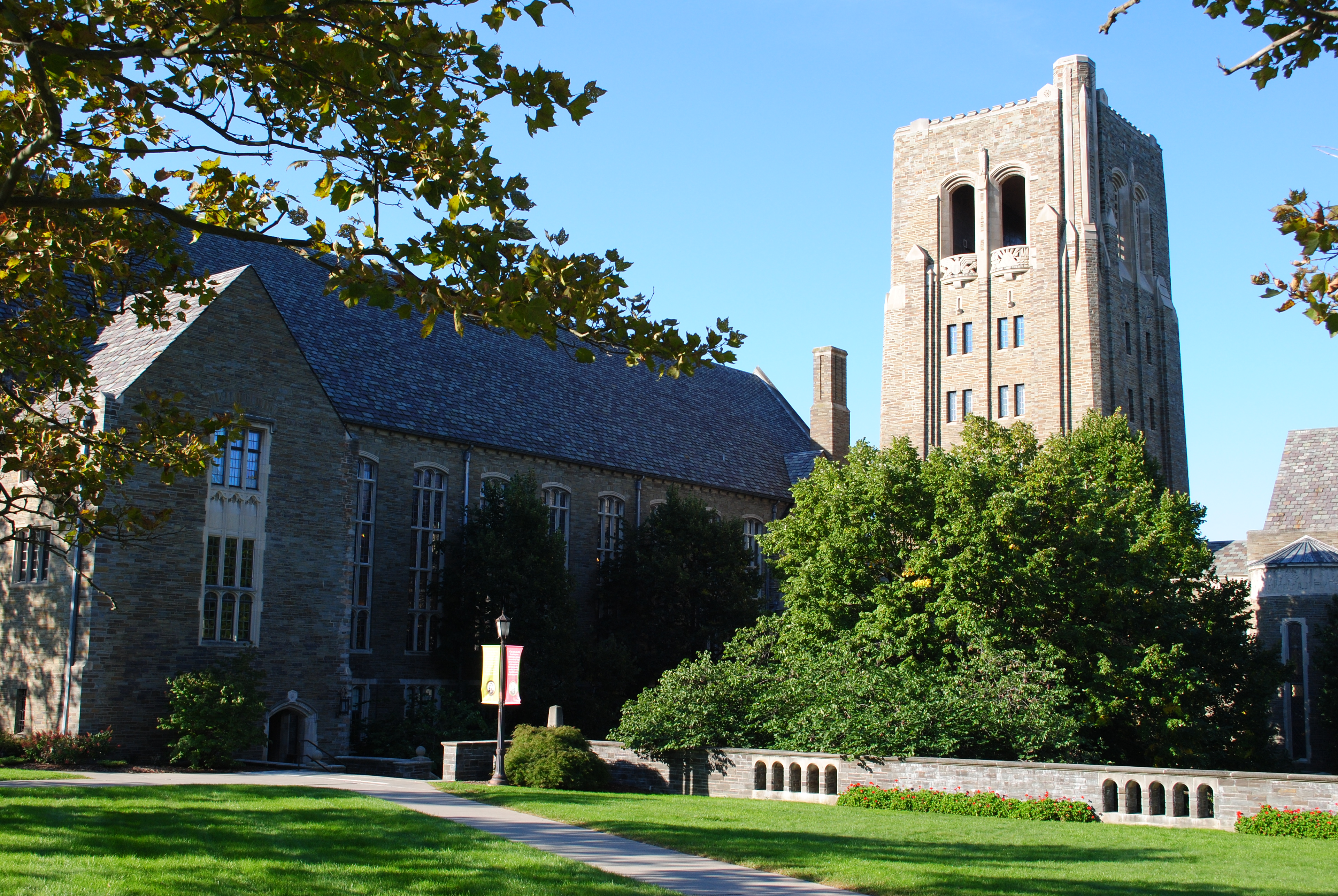
9. Cornell University Law School
- Graduates Employed Within 6 Months: 91%
- Median Starting Salary for MSL Graduates: $95,000–$120,000
- In-House Clinics: Policy Analysis and Regulatory Clinic, Transactional Law for Non-Lawyers
- Example Courses: Policy Analysis for Professionals, Risk and Compliance Management, Introduction to Contract Law
Cornell’s MSL program is tailored for professionals in policy, compliance, and industry leadership roles. The curriculum balances foundational legal knowledge with practical applications.
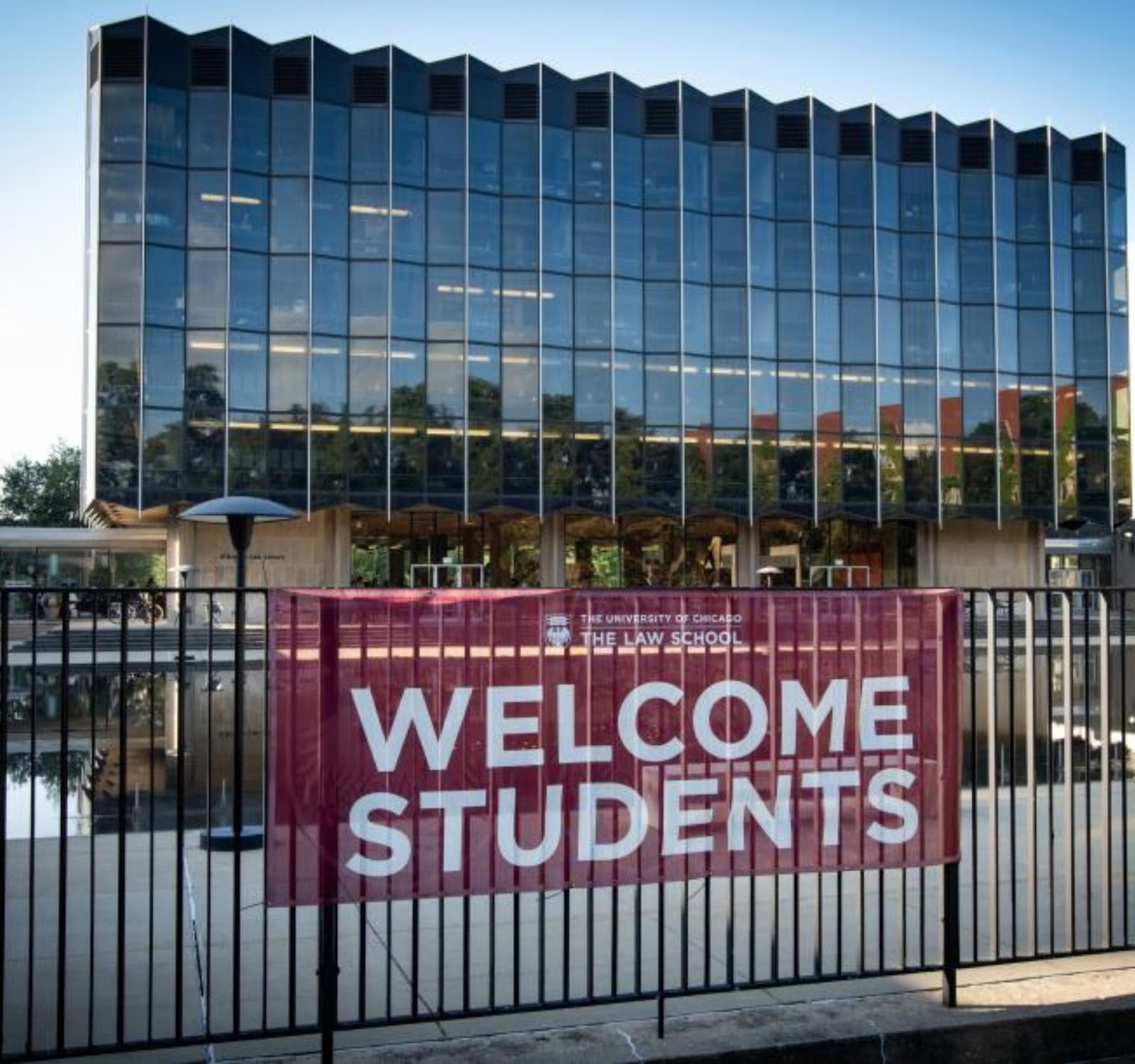
10. University of Chicago Law School
- Graduates Employed Within 6 Months: 93%
- Median Starting Salary for MSL Graduates: $100,000–$135,000
- In-House Clinics: Corporate Innovation Lab, Legal Theory and Practice Clinic
- Example Courses: Legal Strategy for Non-Lawyers, Compliance and Regulation, Advanced Business Law for Professionals
The University of Chicago’s MSL program emphasizes rigorous legal training tailored for professionals in finance, consulting, and corporate strategy roles. Its interdisciplinary approach prepares graduates for leadership positions.
How to choose the right MSL program for your career goals
- Curriculum alignment - Evaluate the program's curriculum to ensure it aligns with your professional objectives. Look for programs offering a broad range of courses that cover areas like compliance, intellectual property, and environmental law if they match your interests.
- Faculty expertise and reputation - Research the program's faculty and their credentials. Experienced faculty with practical insights can significantly enhance your educational experience.
- Location and networking opportunities - Some programs are located in legal system hubs, providing unique opportunities to connect with industry professionals and build your network. For example, programs in cities like Washington, D.C., or Los Angeles offer proximity to top firms and institutions.
- Flexibility for professionals - If you’re a working professional, explore programs that offer part-time options or online courses. These formats allow you to balance work, studies, and personal commitments effectively.
- Cost and financial aid - Understand the program’s total cost and explore financial aid options, such as scholarships or employer-sponsored tuition assistance. This ensures the program is a financially viable investment.
- Community and support - A collaborative environment can enhance your learning experience. Seek programs with a supportive culture and robust career services to help you transition smoothly after graduation.
Tips for Acing Your Applications
1. Thoroughly research each program
Understanding the unique features of each MSL program is essential. Research the curriculum, faculty, career services, and alumni networks of your target schools. Identify which programs align with your career goals and professional interests. Attend virtual or in-person information sessions hosted by the programs. These events offer insights into the application process and provide opportunities to ask questions directly to admissions staff or faculty.
2. Craft a tailored personal statement
Your personal statement is one of the most critical components of your application. It should reflect your career goals, why you are pursuing an MSL, and why you are particularly interested in the specific program. Tailor your statement for each school by referencing specific aspects of the program, such as unique courses, faculty expertise, or extracurricular opportunities. For example, if the program has a strong compliance focus, explain how this aligns with your career in corporate risk management.
3. Highlight relevant skills and experiences
Admissions committees value applicants who bring professional expertise and a clear understanding of how the MSL program will enhance their careers. Showcase your achievements in areas like compliance, project management, or contract negotiation. Use specific examples to demonstrate how your experiences have prepared you to succeed in the program.
4. Secure strong letters of recommendation
Choose recommenders who can speak to your skills, professional achievements, and readiness for graduate-level study. Ideally, these should be supervisors, professors, or colleagues familiar with your work. Provide your recommenders with a summary of your accomplishments and goals. This will help them write detailed, personalized letters that align with your application narrative.
5. Meet all application deadlines
Timeliness is crucial in the competitive application process. Submit your materials well before the deadline to ensure everything is complete and to demonstrate your organizational skills. Create a detailed timeline with all application deadlines, and set earlier internal deadlines to complete each component. Use tools like Google Calendar or project management apps to stay on track.
6. Follow up after submission
Demonstrating continued interest can set you apart from other applicants. A polite follow-up email to the admissions office can show your enthusiasm for the program. After submitting your application, send a thank-you email to the admissions staff or faculty you have interacted with, reiterating your interest and asking any final questions about the program.
7. Prepare for possible interviews
Some MSL programs include interviews as part of the application process. Be prepared to discuss your career goals, interest in the program, and how you will contribute to the academic community. Practice answering common interview questions, such as “Why are you pursuing an MSL?” or “What unique perspectives will you bring to the program?” Have examples ready to illustrate your answers.
8. Polish your resume
Your resume should clearly highlight your educational background, professional experience, and achievements that align with the MSL program. Use action verbs and quantify your accomplishments where possible. For example, instead of saying "managed compliance projects," write "led a team to implement compliance protocols, reducing regulatory risks by 20%."
9. Explore financial aid and scholarships
Many MSL programs offer scholarships or financial aid opportunities. Research these options and include all necessary information in your application to be considered. Reach out to the financial aid office of each program to ask about merit-based scholarships or funding opportunities specific to MSL students.
Bottom Line
A Master in the Science of Law (MSL) is a smart investment for professionals who want to build legal knowledge without becoming practicing lawyers. Whether you work in compliance, healthcare, tech, or finance, an MSL can help you better understand the rules that affect your field, and give you an edge in your career. With flexible formats, industry-focused courses, and real-world applications, top MSL programs offer a fast and practical path to new skills and higher-paying roles. The key is choosing a program that fits your goals, then applying with purpose and preparation.
What’s Next?
Selecting the right Master in the Science of Law (MSL) program is a crucial step for anyone looking to advance their career. Consulting top law school admissions coaches can provide valuable guidance in identifying the best programs, refining application strategies, and maximizing the chances of success. With expert support, prospective students can confidently pursue an MSL program that aligns with their professional goals and aspirations.
For effective strategies on how to put together a strong application in getting into that dream law school, take a look at these resources to get started:
- Law School Application Timeline: Your Step-by-Step Guide
- How to Get Into a T14 Law School
- How to Get Into Law School: Advice From an Expert
- A Comprehensive Guide to HBCU Law Schools
- Pepperdine Caruso School of Law: Program and Application Overview
- The Role of Internships in Law School Applications
FAQs
What is a Master in the Science of Law (MSL) degree?
- An MSL is a professional law degree designed for non-lawyers who want to integrate legal knowledge into their professions. It provides a strong foundation in legal principles for individuals who do not intend to practice law but aim to advance their careers in industries like compliance, healthcare, technology, and finance.
Who is an MSL program suitable for?
- MSL programs are ideal for professionals seeking to enhance their understanding of the law without becoming practicing attorneys. They cater to recent graduates, working professionals, international students, and individuals from diverse industries.
What qualifications are needed to apply for an MSL program?
- Most MSL programs require an undergraduate degree in any field. Some programs may also value professional experience or specific industry backgrounds.
How can an MSL degree impact career prospects?
- An MSL degree equips graduates with legal knowledge applicable to various professions, helping them manage risks, navigate legal complexities, and advance in fields such as business, healthcare, and technology. Specializations like international law can further expand global career opportunities.
What are some common specializations available in MSL programs?
- MSL programs often offer specializations in areas such as compliance, healthcare law, intellectual property, international law, privacy and cybersecurity, and risk management, allowing students to tailor their education to their career needs.
Browse hundreds of expert coaches
Leland coaches have helped thousands of people achieve their goals. A dedicated mentor can make all the difference.


















